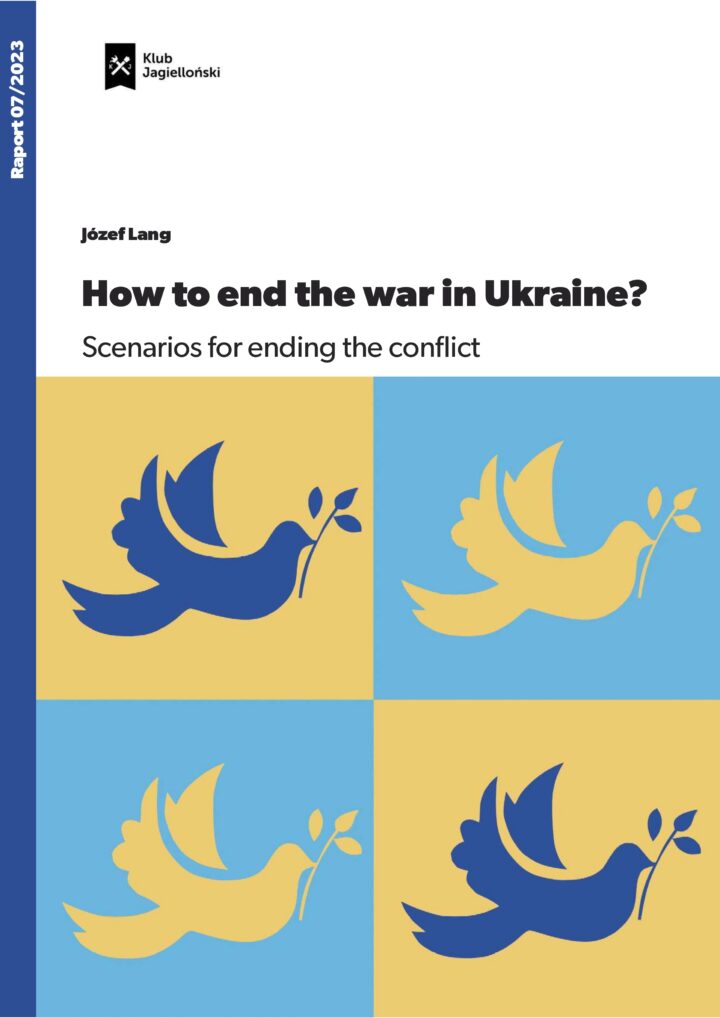How to end the war in Ukraine? Scenarios for ending the conflict

Given the slower than expected pace of the Ukrainian counteroffensive, the most probable scenario for the coming months seems to be the neutral scenario that is a continuation of the conflict in its current trajectory: with occasional tactical advances of either of the sides, yet little signs of a significant change in the overall conflict dynamic.
[READ THE REPORT “HOW TO END THE WAR IN UKRAINE? SCENARIOS FOR ENDING THE CONFLICT”]
The preferable for the West scenario of ending the war is the quickest possible Ukrainian victory. In this case the Western states do not have to bear the rising indirect costs of the conflict and to compromise their long-term strategic interests.
Success of this scenario is largely dependent on factors outside of control of the Western countries. Yet a number of measures can be undertaken by the West to accelerate it. First of all, by increasing the scale and scope of their support for Ukraine. Given the high indirect costs of war (mainly rise of energy prices and inflation rate), the intensified military support for Ukraine is likely a cheaper alternative in total costs than the prolongation of the conflict.
In order for the West to be prepared for the challenges that will arise with the end of the war, appropriate considerations and planning should already take place. Policy towards Ukraine should not only focus on how to win the war, but also include support for the necessary reforms and setting conditionalities which will ensure the implementation of the reforms.
The post-conflict policy towards Russia should be largely dependent on the state of the Russian Federation after the end of the war. In case Russia remains autocratic, the first priority should be given to the measures preventing it from aggressive policy towards the EU, NATO, and their partners. In case of a regime change in Russia and the beginning of its democratization, the support should focus on the reform process and democratization and liberalization of the Russian state and society.
***
Author: Józef Lang – Director of the WEI Office in Kyiv. In the past, analyst (Senior Fellow) at the Center for Eastern Studies (OSW), author of numerous reports and analyzes in Polish, European and American think tanks. Lang has many years of experience in working in Ukraine as an analyst, and later as a coordinator of the trend analysis cell in the Head Office of the OSCE Special Monitoring Mission in Ukraine. After the full-scale Russian invasion of Ukraine in 2022, Lang became involved in humanitarian aid to Ukraine as the head of the mission of the Solidarity Fund PL in Lviv. Currently he is involved in a several projects aimed at supporting Ukraine.

Public task financed by the Ministry of Foreign Affairs of the Republic of Poland within the grant competition “Public Diplomacy 2023".
The opinions expressed in this publication are those of the authors and do not reflect the views of the official positions of the Ministry of Foreign Affairs of the Republic of Poland.”

